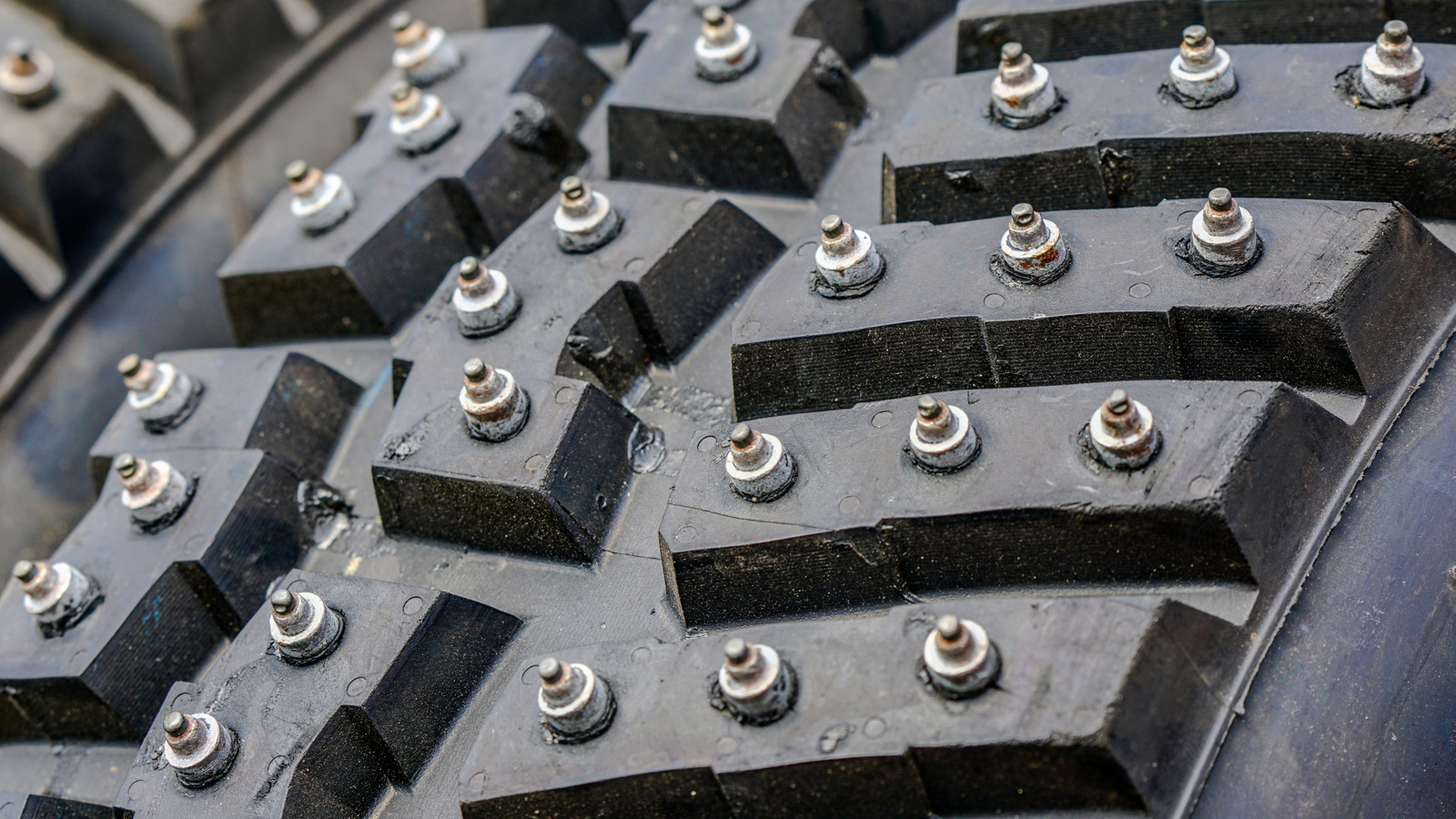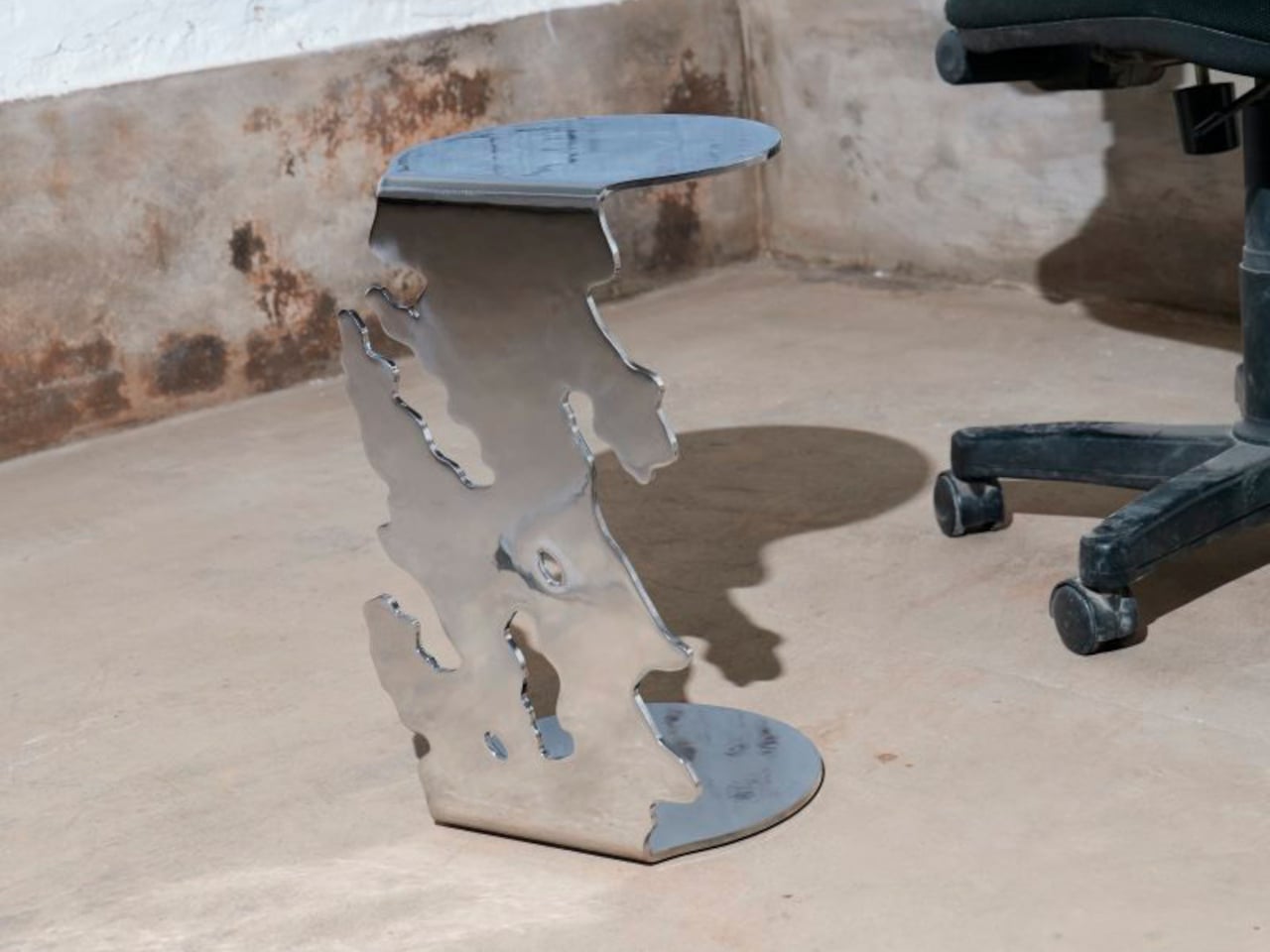Watch SpaceX exquisitely set free a pair of moon landers in space
Two lunar landers — one made by Firefly Aerospace for NASA called Blue Ghost, the other by Japanese company ispace — shared a single SpaceX rocket ride to the moon.


On its 100th launch from the Kennedy Space Center in Florida, a SpaceX Falcon 9 rocket blasted two lunar landers into space early Wednesday morning.
The pair are two separate spacecraft from two different customers — one made by Texas-based Firefly Aerospace for NASA, the other by private Japanese company ispace. About an hour into the flight, the rocket released them to continue their long solo journeys to the moon.
SpaceX shared videos of each deployment on X, the social platform formerly known as Twitter and owned by the rocket company's founder, Elon Musk. Both can be watched below.

Firefly's Blue Ghost lander, originally scheduled to lift off in late 2024, is on its maiden voyage. The uncrewed spacecraft is expected to travel for 45 days before trying to touch down in early March. Its flight is the first NASA Commercial Lunar Payload Services mission of the year.
The program has invested $2.6 billion in contracts with vendors from the private sector to help deliver instruments to the moon and send back crucial data. Blue Ghost is carrying 10 experiments for the space agency. NASA wants to see a regular cadence of moon missions to prepare for astronaut-led Artemis expeditions in 2027 or later.
Ispace's new Hakuto-R mission is the company's second attempt to get on the moon, after its first uncrewed lander ran out of fuel and crashed on the lunar surface in April 2023. Ispace's new Resilience lander, a partnership with Japan's space agency JAXA, is taking a longer route to the moon to save on fuel, arriving about four to five months from now. This time the spacecraft is bringing a tiny rover smaller than a toddler's Big Wheel to collect soil for research.
Tweet may have been deleted
Tweet may have been deleted
Landing on the moon remains onerous. The moon's exosphere provides virtually no drag to slow a spacecraft down as it approaches the ground. Furthermore, there are no GPS systems on the moon to help guide a craft to its landing spot. Engineers have to compensate for that from 239,000 miles away.
Only five nations — the former Soviet Union, United States, China, India, and most recently Japan — have managed to land on the moon without wrecking beyond recognition. So far just one company, Intuitive Machines, has made the journey all the way through lunar touchdown. Its craft landed sideways near the moon's south pole in February 2024, still managing to operate from its awkward position.
If the latest spacecraft succeed, each will spend two weeks running experiments on the lunar surface before powering down for the brutally cold lunar night. Not much can survive the -270 degrees Fahrenheit brought on by darkness — not even robots.




































/cdn.vox-cdn.com/uploads/chorus_asset/file/24435316/STK150_Bing_AI_Chatbot_02.jpg)










![United Passenger’s Upgrade Mishap Sparks Seat Loss—Here’s the Critical Step to Avoid It [Roundup]](https://viewfromthewing.com/wp-content/uploads/2018/09/20170607_112204.jpg?#)



























